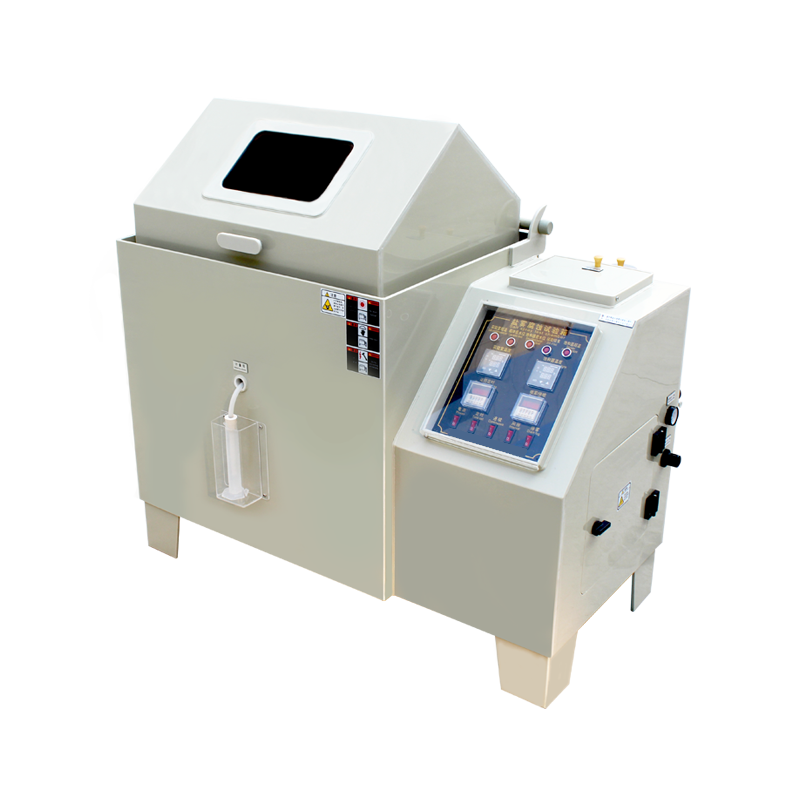Salt spray test chambers are a critical tool for evaluating the salt spray corrosion resistance of products or materials. They are designed to assess surface treatments on various materials, including coatings, electroplating, inorganic and organic surface layers, anodizing, rust-preventive oils, and other anti-corrosion processes, by testing the corrosion resistance of treated products.
Salt spray testing integrates knowledge from multiple disciplines such as chemical and environmental engineering, materials science, structural design, and technology. It scientifically and rationally interprets test results to guide the selection of materials, structural design, and manufacturing techniques. This provides valuable insights for product development, transportation, storage, and usage, ultimately enhancing the salt spray corrosion resistance of products or materials.
The significance of salt spray test chambers for products is reflected in the following aspects:

-
Accelerated Corrosion Evaluation Method
Salt spray testing is an artificial accelerated corrosion assessment method used to evaluate the salt spray corrosion resistance of products or metallic materials. The test results serve as a key indicator of product quality. By atomizing a saline solution of specific concentration into a mist within a sealed, temperature-controlled chamber, the test observes changes in samples over a defined period to determine their corrosion resistance. -
Time Efficiency
As an accelerated testing method, the chloride salt concentration in a salt spray test chamber is several times or even dozens of times higher than that in natural environments, significantly accelerating corrosion rates. Testing a product in such conditions yields results in days or hours—compared to years of exposure required in natural environments—while achieving comparable outcomes. -
Controllability and Versatility
Salt spray test chambers enable precise control and reproducibility of corrosive environments, drastically reducing testing time and saving substantial human, financial, and material resources. Their applications have rapidly expanded, evolving from basic neutral salt spray tests to advanced methods such as acetic acid salt spray tests, copper-accelerated acetic acid salt spray tests, and cyclic salt spray tests.
In conclusion, salt spray test chambers play a vital role in determining the corrosion resistance of diverse products and metallic materials, ensuring reliability and durability in real-world conditions.













